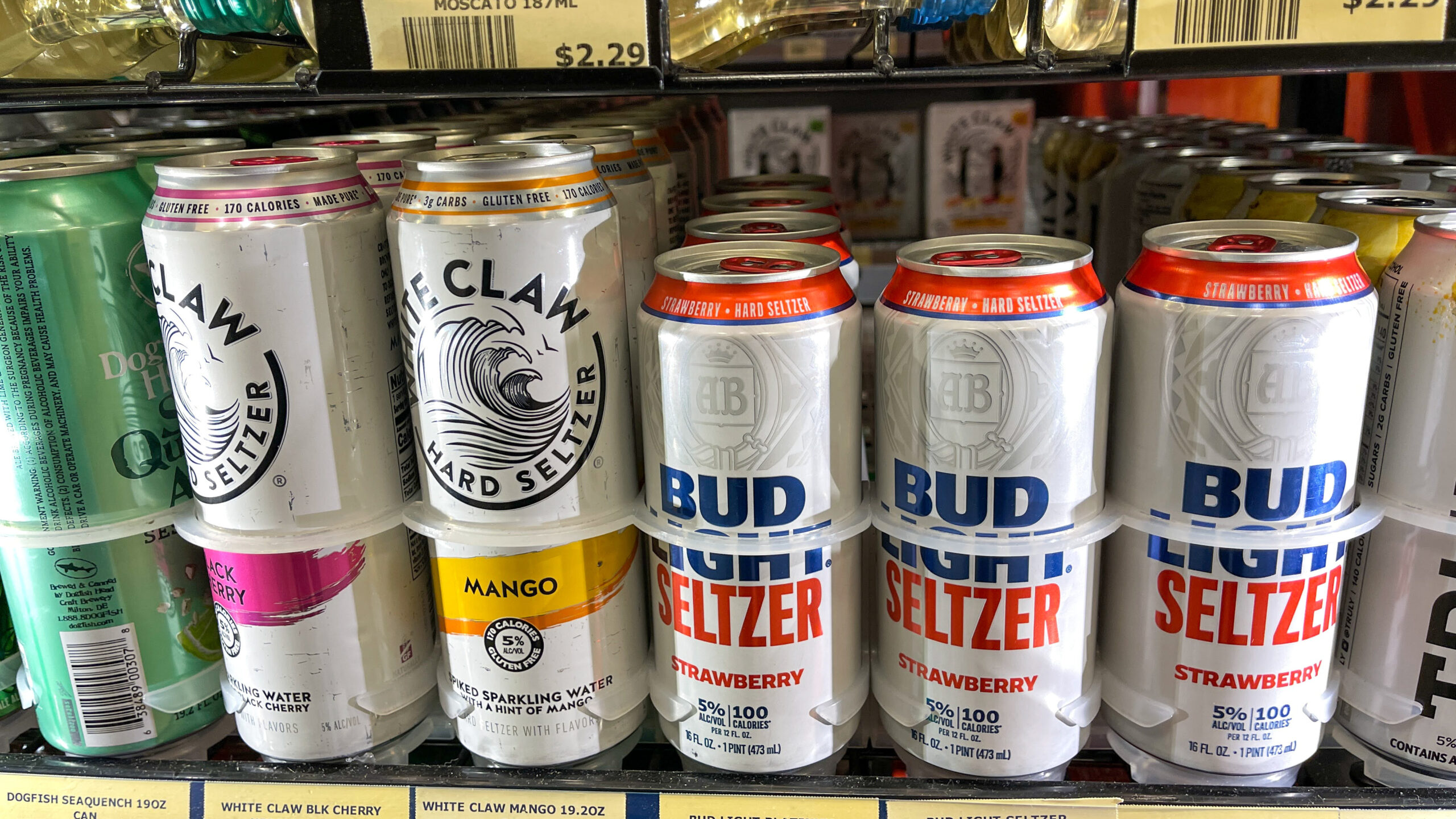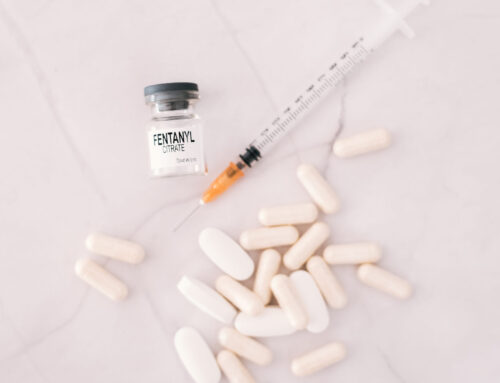
Artificial sweeteners have long been debated in the realm of health and wellness. Such is the case with Hard Seltzers. But more than any others, this drink has taken the beverage industry by storm. In fact, over half of the alcohol consumers in the United States now indulge in at least one can of hard seltzer per week.
However, the question remains: is the health appeal of hard seltzers as convincing as it initially appears? Or is it all just a deception? We’ll give you a hint, the latter precedes. Let’s explore the dangers in detail.
What are Hard Seltzers?
The first hard seltzer entered the world in 1993. They weren’t always as popular, but the pandemic brought on a wave of a lot of new trends, and hard seltzers were one of them. Covid-19 helped this industry earn a staggering $2 million.
So, what are hard seltzers?
Also referred to as spiked seltzer, alcoholic seltzer, or hard sparkling water, hard seltzers blend carbonated water, alcohol, and fruit flavoring. Depending on the hard seltzer brand, these fruity flavors can be derived from either real fruit juice or artificial flavorings.
Among the wide array of available, you’ll commonly find a delightful assortment of citrus options like lemon, lime, and orange, as well as a variety of berries such as strawberry, raspberry, and blackberry. Tropical fruits like pineapple, mango, and passionfruit also contribute to the enticing taste palette of hard seltzers.
The Deceptive Nature of Hard Seltzers
Beneath all these light-hearted and fancy flavors, a darker truth remains hidden: the deceptive nature of hard seltzers.
A Wolf in Sheep’s Clothing
While hard seltzers may be refreshing and seemingly harmless, they still contain alcohol. With an alcohol content ranging from 4% to 6%, hard seltzers can have a similar potency to light beers or wine. However, the subtle taste and carbonation can mask the alcoholic presence, making it easier to consume larger quantities without realizing it.
Sneaky Speed of Consumption
Hard seltzers’ crisp and light character can lead to a faster drinking pace. Unlike heavier drinks that require more time and effort, hard seltzers can be effortlessly sipped, leading to quicker consumption without the drinker noticing. This increased rate of consumption can potentially amplify the effects of alcohol, catching many off guard and increasing the risk of intoxication.
Concealing Alcohol Content
Unlike traditional beverages, hard seltzers can easily be mistaken for non-alcoholic drinks due to their resemblance to flavored carbonated water. When served in social settings or during casual events, individuals in recovery may unknowingly consume hard seltzers, unaware of their alcohol content. This lack of awareness can pose a significant risk, triggering a relapse or compromising recovery progress.
The Impact on Addiction Recovery
Speaking of recovery, while hard seltzers aren’t good for anyone in excess, they pose a much higher threat to those venturing on a journey to recovery from addiction. Yes, they can completely undo your hard-earned progress thus far. Here’s how:
Setting off associations
For those in addiction recovery, certain environments, activities, or substances can act as triggers that reignite cravings and impede progress. Hard seltzers, with their similar appearance and taste to non-alcoholic seltzers, can create associations that may trigger cravings for stronger alcoholic beverages. This can be especially problematic for those who struggle with alcohol addiction.
A downward spiral
Although hard seltzers generally have a lesser alcohol content compared to other alcoholic beverages, they can still contribute to a relapse. Those in recovery may underestimate the impact of hard seltzers due to their light taste, leading them to consume larger quantities or to transition back to stronger alcoholic beverages. This can reignite addictive patterns and hinder the recovery process.
Blurring sobriety and relapse
Hard seltzers are often advertised as a healthier alternative to other alcoholic beverages, emphasizing their low calorie and carbohydrate content. This messaging can lead recovering addicts to rationalize or normalize their consumption, convincing themselves that it is a harmless choice. However, this mindset can blur the lines between sobriety and relapse, potentially jeopardizing progress made in addiction recovery.
Emotional reliance
One aspect of addiction recovery involves developing healthier coping mechanisms for dealing with stress, emotions, and triggers. Relying on hard seltzers as a means of relaxation or emotional relief can hinder the development of these essential skills. Over time, this emotional reliance on alcohol, even in the form of seemingly benign beverages, can interfere with the recovery process.
Peer pressure
Hard seltzers have gained significant popularity and are often present at social gatherings and events. The presence of hard seltzers in these environments can pressure people in recovery to consume them, particularly when faced with social expectations or the desire to fit in. Succumbing to this pressure can jeopardize their recovery and increase the risk of relapse.
Seeking Help from the Grips of Addiction
Struggling with alcohol addiction or hard seltzer usage can be a challenging and overwhelming experience, but it’s never too late to reach out for help. Numerous resources and treatment centers are available to provide support, guidance, and treatment options.
That’s what we at Georgia Addiction Treatment Center do. We know it takes courage, determination, and support to embark on this healing journey. So, our experienced staff members are committed to guiding and aiding you every step of the way.
Our goal is to make this easier for you. Thus, we offer a range of evidence-based treatments, therapies, and support services to address addiction’s physical, psychological, and emotional aspects. We leave no stone unturned when it comes to helping you.
To take the first step towards recovery, we encourage you to reach out to us. You deserve a life filled with hope, healing, and the opportunity to build a brighter future. Our team is ready to provide compassionate care and help you navigate through the challenges of addiction. You can contact us by calling 855.952.3546, where our knowledgeable staff will be available to discuss your situation, answer any questions you may have, and guide you towards the appropriate treatment options.
Let’s build a better future for you together!




